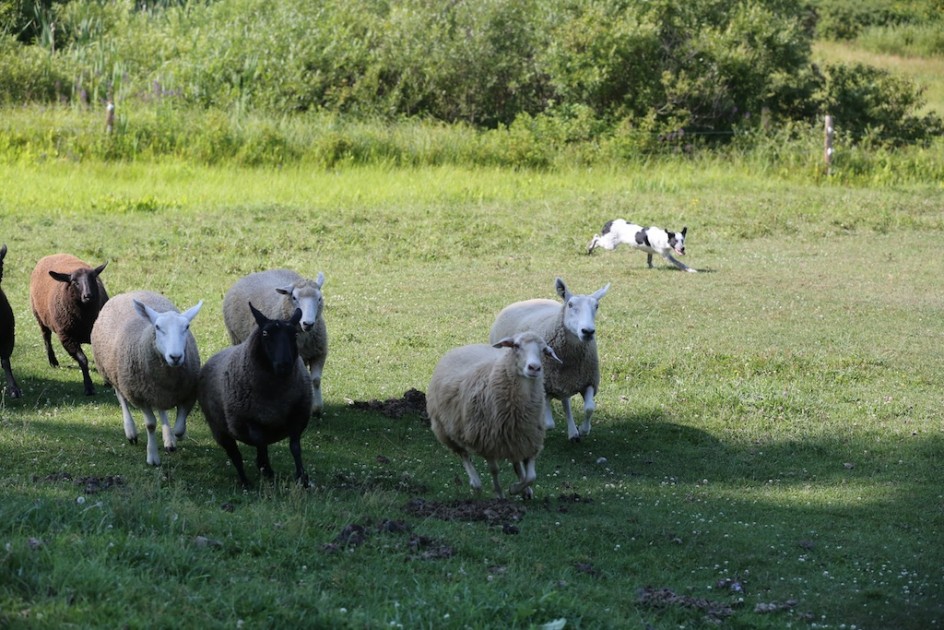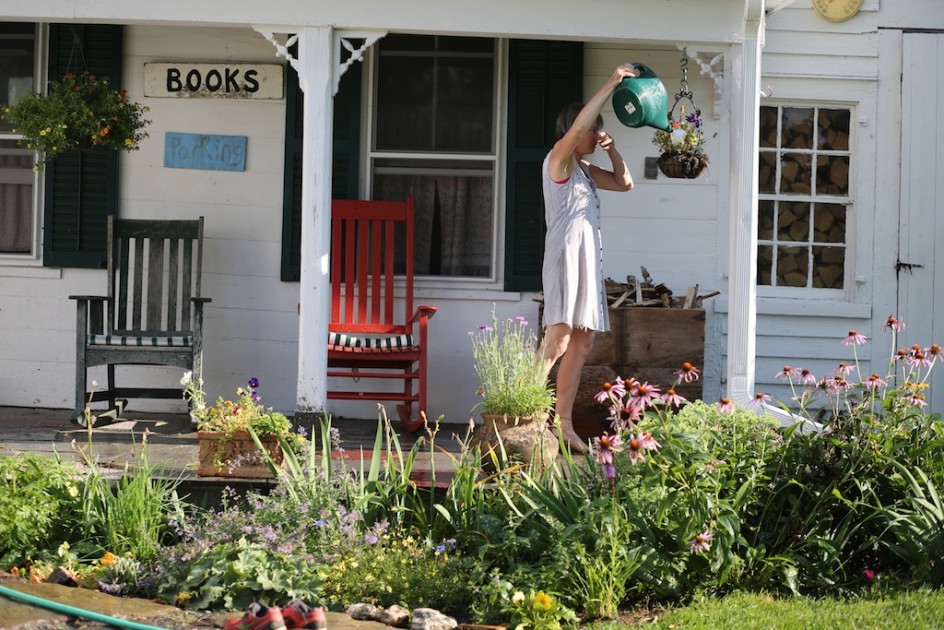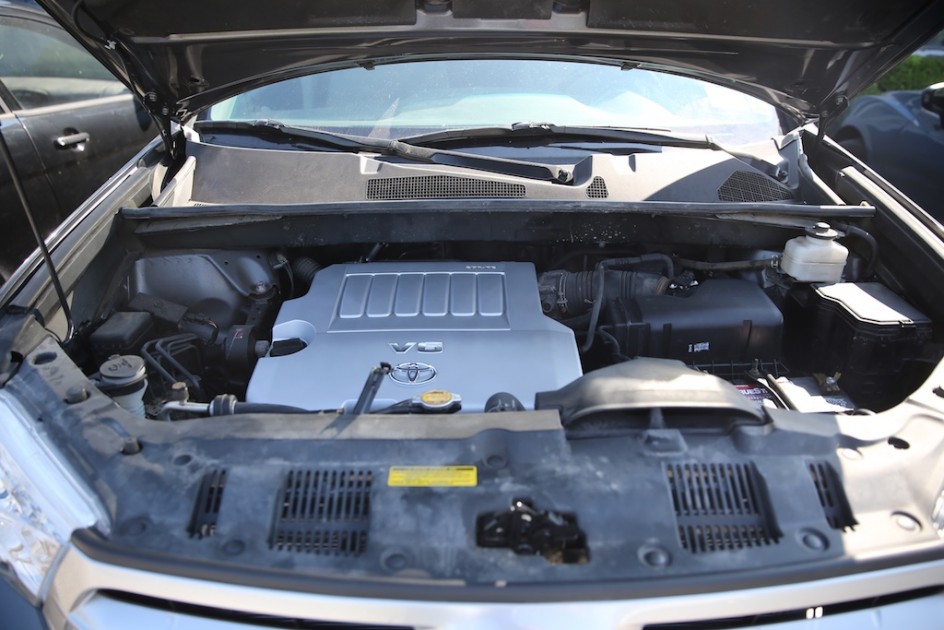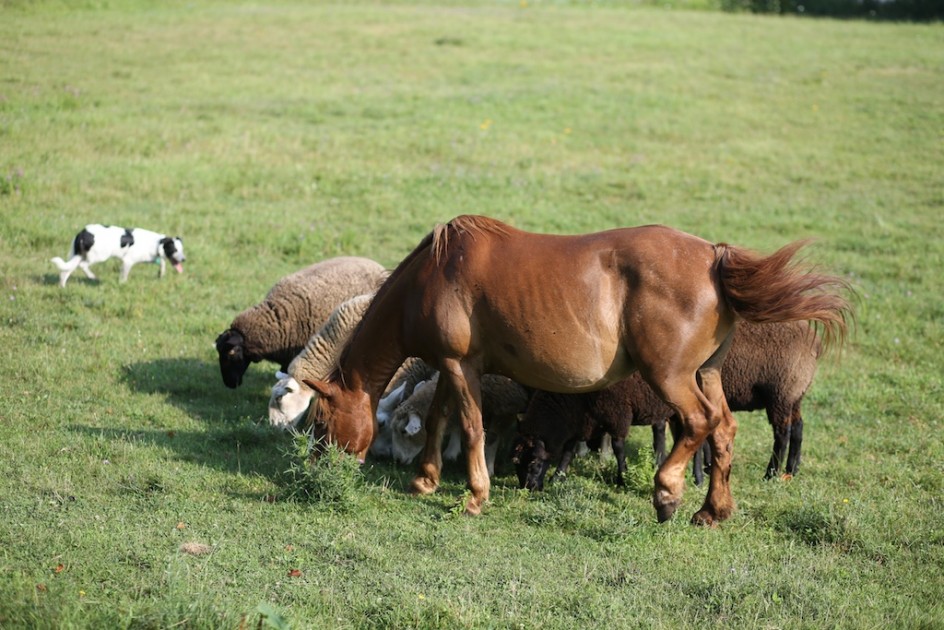
The late Senator Patrick Moynihan said that everyone is entitled to their own opinion, but not their own facts. Facts do not lie of course, and are not subject to the whims of politicians or the campaign contributions of real estate developers and angry people who say they support the rights of animals.
Facts are the lost and suffering orphans of the New York Carriage Horse controversy. But facts, like truth, are willful, they want to be free and cannot be forever denied. The facts in this unnecessary controversy have saved the carriage horses, at least for now, and seem to have sparked a new social awakening, a better understanding of the true rights and needs of animals, and a stunning victory for the idea that domesticated animals can remain in our every day lives, including our cities, and be happy and healthy.
I was a reporter for many years, and my mentors taught me to love facts and be wary of dogma. This advice served me well when I went to New York to try and find the truth about the carriage horses. I collected some facts for people who love animals, and in honor of the horses and their glorious history with people.
The mayor of the city and the people who say they are for the rights of animals are seeking to ban the carriage horses. Their bill to abolish the carriage trade is foundering in the City Council – justice lives – and the ban proponents have managed to alienate almost every racial, ethic, age and gender cohort in the city. They do not pretend to care about facts or truth, or will they stop their long and very cruel campaign of harassment and abuse against the carriage trade..
Their major argument is that the horses do not belong in New York any longer. It is too dangerous for them to be here, they breathe too many fumes, the traffic is too congested and dangerous for them, and they need to be removed to private preserves and rescue farms so they can return to nature and the natural life of horses.
I spent some time figuring out just how many horses had been killed in the past 30 years (there are not good records beyond that). I found that three horses have been killed in traffic accidents during that period, three out of more than three million carriage rides. None are known to have taken ill or died from any kind of respiratory disease.
The NYPD also compiles facts on the deaths of human people in New York City. In 2001, for example, 5,879 people were killed or severely injured in New York City traffic accidents. By 2012, the number of New Yorkers killed or seriously injured in traffic accidents had fallen to 4,203. I asked the police how that was achieved, given that no effort was made to remove people from the city because it was so dangerous. More traffic lights, they said, lower speed limits, better safety lanes for motorists and bicyclists and joggers, strict enforcement of drunken driving laws, tougher sentencing for negligent motorists.
In 2012, there were more than 68,000 automobile collisions involving 128,000 vehicles and 170,000 human beings with 271 fatalities, including 11,000 vehicle-pedestrian accidents, 3,639 bicycle-car accidents and 1,619 motorcycle crashes. There was no proposal to ban people, vehicles, pedestrians, bicycles or motorcycles.
Other facts to consider
I wonder if the mayor or the animal rights activists believe that dogs, who are definitely animals, do not belong in the city. In 2012, the New York City Department of Health reported that more than 7,000 bites were reported by doctors in the five boroughs of New York City, as mandated by law. (Many are believed to go unreported.) The upper extremities, lower extremities, and face were predominantly affected. The peak incidence occurred during the summer months and in children ages 7 to 9 years old.
According to the U.S. Centers for Disease Control (CDC), tentative dog bite figures for New York City in 2012 were 7,432, more than half involving children. The American Pediatric Association reports dog attacks on children to be both epidemic and “horrific,” since they often occur around the face, eyes and neck. Dog bites on children, says the CDC, are increasing throughout the country at a rate of more than 47 per cent a year and in nearly half of those cases, require reconstructive facial surgery.
The New York City Council quickly and unanimously passed a law two years ago requiring people convicted of animal cruelty to be required to register for life on a public website, and be banned from acquiring other pets. There was no legislation of any kind to try to reduce the number or severity of dog bites on children or adults.
So this is the plight of animals in our world, and especially of the carriage horses, beautiful and at peace and healthy in Central Park, built in part for them to pull their simple carriages and be seen by the growing population of the city. The city that conceived and constructed this wondrous park wanted the horses to be an integral part of it. They could not have imagined a culture that would ban the horses from the city they helped build. There is little in the world more natural than the horses in the park today, enveloped as they are by cars, pedicabs, taxis, bicyclists and joggers.
Another fact. More than 155,000 horses in American were sent to slaughter in Canada and Mexico last year, the New York Carriage Horses are safe in their stables and work, and healthy and well cared for due to their human connection.
Fact: It is not true that horses do not belong in New York City. Biologist Jared Diamond notes that horses were and are the perfect domesticable animals for cities with dominance hierarchies, a tolerance for other species, genetic malleability, and herding instincts. Humans first tamed horses for meat, leather and manure perhaps as early as 14,000 B.C.E. even before they were used to pull and carry things. By the start of the Christian era, horse-based societies were the most prosperous and powerful on the earth, horses pulled plows, provided fertilizer, made long distance trade possible and military supremacy.
Ages later, a group of political ideologues has suddenly decided – with no basis in history, law, science, or animal behavior – that work for horses is cruel and abusive, and that it is humane for these powerful animals to spend their lives standing idly in pastures dropping manure. There is no fact of any kind to support the idea that this will improve or protect the lives of horses.
Fact: In New York in 1900, there was roughly one horse for every 26.4 people. In 1891, 6,000 horses were ordered off the streets of New York City by the A.S.P.C.A., then an organization devoted to animal welfare. In 2014, no horse was ordered off the streets by the police or other authorities responsible for their safety. In 2013, more than 4,000 complaints of animal cruelty were made to the NYPD. None were reported against the carriage trade, in that year or the five preceding years. The horses in New York have never been safer.
Fact: Buck Brannaman, the inspiration for Robert Redford’s “Horse Whisperer,” has written that the New York Carriage horses are content and well cared for. The pulling of carriages in the park on asphalt is light and necessary work for them, he says, the horses to worry about, he wrote, are languishing in stables and rescue farms with nothing to do.
There are many facts in the New York Carriage Horse controversy, and frankly, few, if any, support the notion that the horses are abused, are suffering from hard work in heat and cold, or are not loved and well cared for. I haven’t even mentioned the score of reputable veterinarians and associations that have examined them and found them to be healthy and lovingly cared for.
Animals are vanishing all over the world, there is little time to save the ones left and keep them in our every day lives. We need the horses, as we always have, perhaps more than ever. And they need us. They deserve to have the truth known about them and told about them. That is the task of every true animal lover, to come to a wiser and more mystical understanding of these beleaguered animals and keep them in our every day lives.
The horses in the city are safe for now, but the struggle to keep animals in our world is just getting underway. Facts matter.




